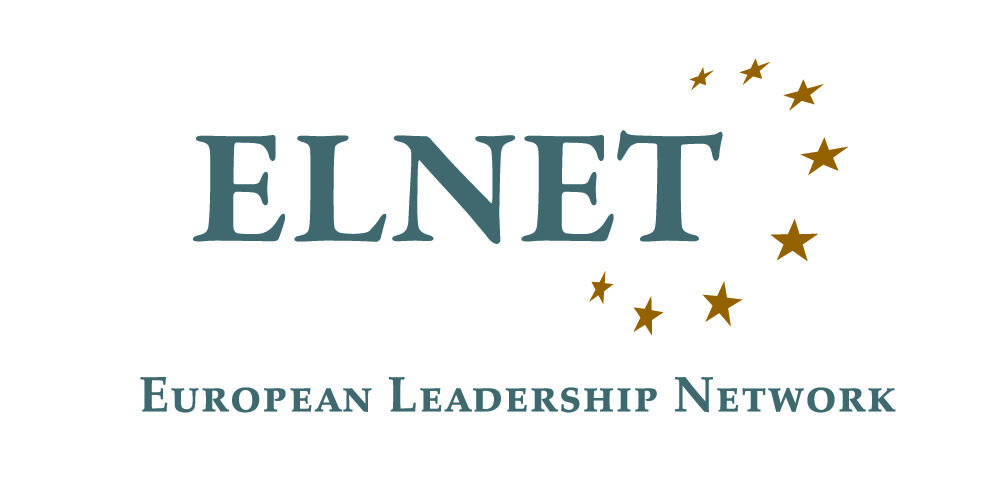The European Leadership Network (ELNET) and ELNET’s Forum of Strategic Dialogue (FSD) brought together 34 senior policymakers and experts from the E3 group of France, Germany, and the UK, the EU, NATO, and Israel

The dialogue addressed: “European defense, strategic autonomy and NATO;” “The Iranian threat to the Middle East and Europe;” and “Relations between Israel, the E3 and NATO put to the test.” All discussions were held under the Chatham House rule and remain entirely discrete.
The forum included senior representatives from ministries of foreign affairs and defense, advisers, members of parliament, senior experts from think tanks, former diplomats, journalists, and civil society representatives from France, Germany, the UK, the EU, NATO, and Israel.

Executive Summary
European defense, strategic autonomy and NATO
- NATO was said to be stronger than at any time since the end of the Cold War but must still do much more to expand military capacity. Meanwhile, uncertainty hangs over NATO as Europe waits for Trump.
- European, Middle Eastern and Indo-Pacific theatres are increasingly viewed as interlinked fronts in a global confrontation shaped by the economic and military cooperation between Russia, China, Iran and North Korea.
- The possibility of an armistice that de facto partitions Ukraine is viewed with grave concern for some, as potentially exacerbating the damage to the international system caused by Russia’s invasion.
- Global great power rivalry is also playing out at the level of ideas, where the West is struggling to define the values it wants for itself and others.

The Iranian threat to the Middle East and Europe
- Israelis feel they are turning a strategic corner from a year of danger to a year of opportunity, that prompts increased coordination between Israel, Arab states, the U.S. and Europe.
- Expanding regional alliances is complicated by the gap between Saudi insistence on Palestinian statehood, and the broad Israeli perspective that this is a distant prospect.
- The collapse of the Assad regime generates new opportunities but also dilemmas. Israelis, whilst welcoming the blow to Iran, caution against a European “rush to Damascus” to engage with new rulers whose character remains unclear.
- There is a concern that Iran, feeling its back against the wall, may have increased motivation for nuclear breakout or displays of aggression in other fields, such as attacks on diplomatic targets or Israeli tourists. The question of military options is clearly on the table, whilst E3 states face a “use it or lose it” scenario regarding the snapback mechanism, which expires in October 2025.
- As well as growing external pressure, the Tehran regime faces various internal challenges, including dissent from younger radicalized zealots within the IRGC.
- Whilst some want to use increased pressure to bring Iran to the negotiating table, others believe that Iran can ultimately be pacified only through a change in regime.

Relations between Israel, the E3 and NATO put to the test
- Strategic relations between Israel and E3 states are multi-dimensional and crucial for all.
- How to relate to the two-state solution is a challenge to these relationships, given that it is a fundamental pillar of European policy but regarded by many Israelis as currently irrelevant.
- European concerns about Israeli military conduct are a further significant challenge.
- However, most Israelis are not interested in a long-term return to the Gaza Strip and there is broad support for the involvement of Arab states.
- The Israeli coalition’s revival of the judicial overhaul raises questions about the shared values pillar of Israel’s relations with the E3 states.
- There is an opportunity for a reset at the EU level following the change of High Representative, and an Association Council potentially happening by February 2025.
- The EU has the potential to play an important role in the reform of the PA and the establishment of a post-Hamas civilian administration in the Gaza Strip.
Conclusions & Recommendations
- E3 states should increase military support to Ukraine to strengthen Kiev’s negotiating position in any coming ceasefire talks and ramp up its own defense spending and military industrial capacity to meet the scale of systemic threats.
- Iran must be deterred against enriching uranium to weapons grade and face a clear long-term multilateral commitment to stopping its nuclear weaponization. E3 states should align with the U.S. in restoring maximum pressure on Iran through sanctions and making clear that all options are on the table in stopping Iran from acquiring nuclear weapons.
- Following recent setbacks to the Iranian-led axis, E3 states should remain focused, with Israel and the U.S., on maintaining pressure, including on proxies in Iraq and the Houthis.
- E3 states must decisively clamp down on institutions within their borders engaging in propaganda and indoctrination in support of the Iranian regime.
- E3 states should coordinate with the incoming Trump administration on a strategy for engagement with the new regime in Damascus designed to influence its internal and international behavior, including with respect to Russia’s military presence.
- Israel should avoid undue friction with the new regime in Damascus, avoiding any impression that it is interested in territorial expansion.
- Israel should clarify its intentions in the Gaza Strip and commit to a diplomatic pathway beyond the conflict that aligns with moderate Arab and European allies and the U.S. This will allow it to seize the opportunity for normalization with Saudi Arabia and enable the expansion of the Saudi and Emirati role in the Palestinian arena that marginalizes Iran and reduces its ability to exploit the issue.
- Israel should work with E3 states and the EU to define the contribution they can make to post-war stabilization and reconstruction in Gaza, including through support for reforming the PA, whose role is a prerequisite for the substantive involvement of Arab states.

